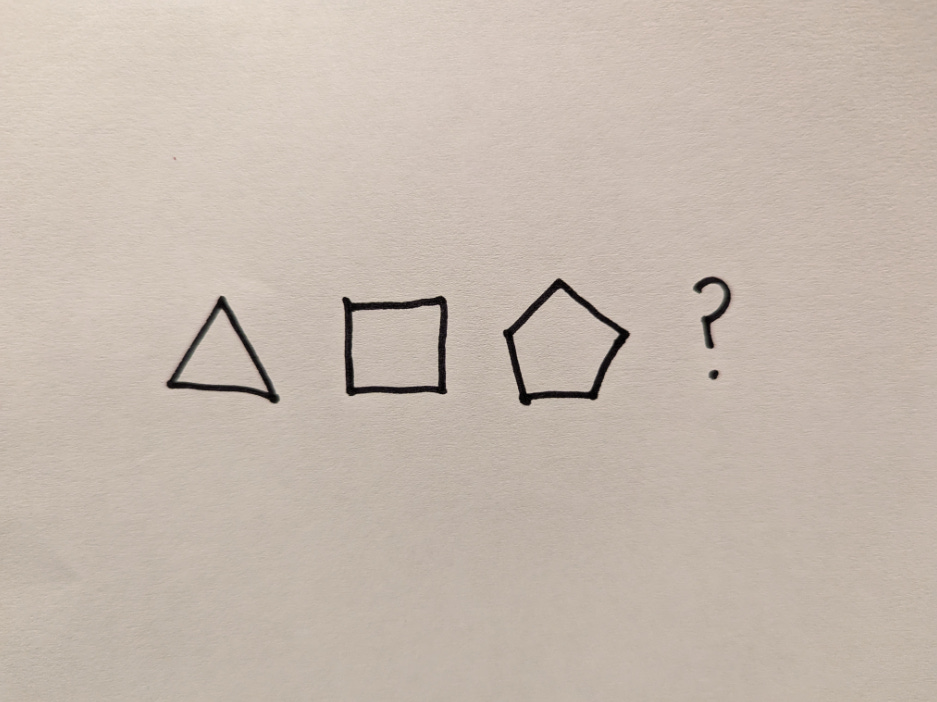Welcome to 3-Shot Learning, a weekly newsletter from the Center for AI Policy. Each issue explores three important developments in AI, curated specifically for AI policy professionals.
Europe Reaches Agreement on the AI Act
After lengthy discussions last week, including a session lasting over 20 straight hours, the European Union has reached a near-final agreement on its AI Act. The regulation is extensive; it requires capability evaluation, robust cybersecurity, risk assessment, and more for general-purpose AI models that pose “systemic” risks (which includes any AI system trained with computational power at roughly the level of GPT-4). Additionally, a new European AI Office will oversee these most advanced models, with advice from independent experts on “possible material safety risks.”
The next step is ironing out details over the coming weeks. More than eleven technical meetings are already planned. One detail under discussion is the precise criteria for general-purpose systems posing systemic risks—besides computational resources used in training, other considerations could be the generality of the system’s capabilities, the number of business users, and the system’s competency at particular tasks.
After this phase, the Act will require formal approval from the EU institutions (Parliament and Council) that reached last week’s provisional agreement. But another two years will need to pass before all of the regulations become binding—although regulations around general-purpose AI will take effect after just one year—so a new “AI Pact” will encourage earlier (voluntary) compliance by companies.
Gemini Challenges GPT-4
Google announced a new AI model named “Gemini” last week. There are several different versions of the model, and Google reports that the most powerful version has achieved a world record on the famous MMLU benchmark, surpassing not only OpenAI’s GPT-4, but also human experts. However, Google has not yet deployed this most powerful version, because the company needs to finish testing and tuning for safety. Overall, the Gemini project was a massive effort requiring over 400 contributors, and even more employees who were partially involved; given typical salaries, Google may have spent over $40M on employee labor alone.

Huawei Exceeds Expectations, Again
Last week, Chinese tech giant Huawei introduced its new Qingyun L540 laptop, which contains a cutting-edge chip that may (or may not) perform at the impressive “5 nm” level. The news is surprising given stringent US export controls on the Chinese chip industry, along with years of prior US restrictions on Huawei. Some experts believe that Huawei’s new chip comes from stockpiles predating the export controls. The whole situation is reminiscent of a surprisingly advanced smartphone chip that Huawei revealed in August, and underscores that Huawei is a formidable force. Indeed, Huawei continues to roll out impressive AI chips for Chinese AI companies, as well as its own powerful AI models.
News at CAIP
Kate Forscey has joined the team as our Director of Government Affairs. She brings over a decade of advocacy and policy experience in the technology and telecommunications space.
We’ve opened a general expression of interest form for anyone who is interested in collaborating with CAIP.
Olivia Jimenez traveled to New Orleans to engage with AI researchers at NeurIPS, a major AI conference.
Our communications advisor Joe Buccino published op-eds on AI policy in The Hill and Federal Times.
Quote of the Week
Could AI systems be used to more easily create a deadly novel pathogen or surpass the capabilities of even the smartest humans?
—Senate Majority Leader Chuck Schumer at the eighth bipartisan Senate forum on AI





